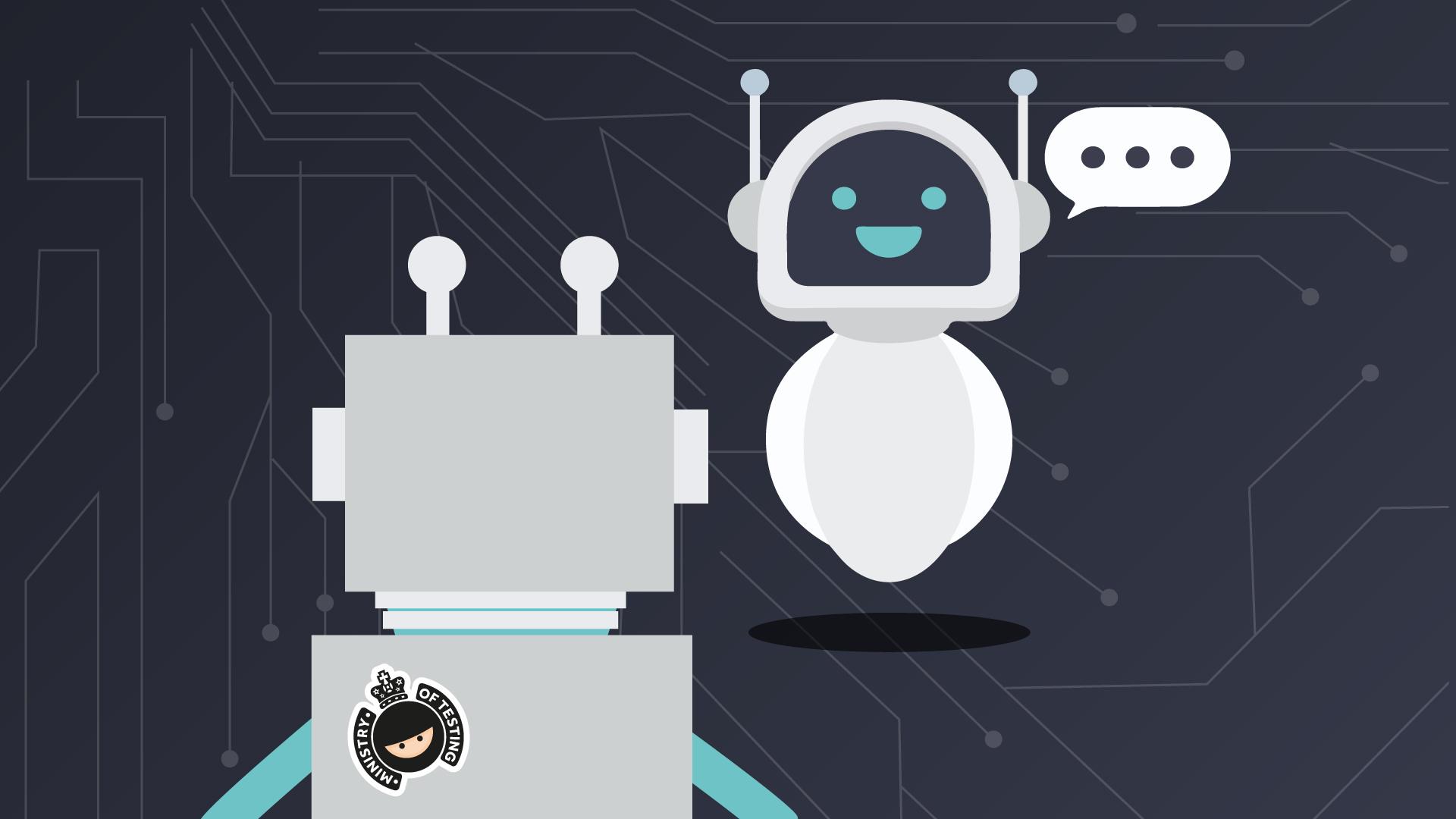
How AI is Revolutionizing Software Testing
By Adedayo Oyetoke, Published on: April 2nd 2024 4 min, 743 word Views: 925
Imagine this: you've spent months meticulously crafting a new software application. It's sleek, feature-rich, and poised to take the world by storm. But before unleashing it on the masses, there's one crucial hurdle – testing. The process of manually testing every nook and cranny can feel like wading through molasses uphill. Enter the hero of the hour: Artificial Intelligence (AI).
AI is no longer relegated to science fiction. It's rapidly transforming industries, and software testing is no exception. By leveraging AI's power, you can automate tedious tasks, improve efficiency, and unearth bugs that might have slipped through the cracks of traditional testing methods.
Let's delve into the exciting ways AI is reshaping the software testing landscape:
1. The Test Case Generation Machine:
Remember all those hours spent meticulously crafting test cases for every possible scenario? AI can take that burden off your shoulders. Using machine learning (ML), AI tools can analyze your application's code and functionality. Based on this analysis, they can generate a comprehensive suite of test cases, covering everything from basic user interactions to complex workflows. Think of it as having a tireless QA analyst working tirelessly behind the scenes.
Imagine developing a new e-commerce platform. Traditionally, you'd write test cases for adding items to the cart, processing payments, and handling different shipping options. An AI tool, however, could analyze the entire application, identify all these functionalities, and automatically generate test cases that simulate various user interactions.
2. The Bug-Eyed Detective: AI-powered Bug Detection
Finding bugs can feel like searching for a needle in a haystack. But AI's eagle eye can spot anomalies and potential issues that might escape human testers. AI-powered tools can analyze user behavior, application logs, and even visual elements like screenshots to detect inconsistencies and deviations from expected behavior. This can help identify bugs that might cause crashes, performance issues, or unexpected results.
An AI tool might analyze user behavior data and identify a trend where users consistently abandon their carts at a specific point in the checkout process. This could flag a potential bug in the payment gateway or a confusing user interface element.
3. The Self-Healing Test Suite: Keeping Pace with Change
Software is rarely static. New features are added, bugs are squashed, and the underlying code evolves. This constant change can wreak havoc on your carefully crafted test suite. Here's where AI's self-healing capabilities come into play. AI-powered tools can learn from past test runs and adapt to changes in the application. They can automatically update test cases or even generate new ones to ensure your test suite remains effective even as your software grows and changes.
Imagine this: You've just deployed a new update to your e-commerce platform that adds a new product filtering system. An AI-powered testing tool can analyze the changes, update existing test cases to include the new filter functionality, and even generate new tests to ensure the filter works as intended.
AI is Not a Silver Bullet
While AI offers a powerful arsenal for automating software testing, it's important to remember it's not a silver bullet. Here are some things to keep in mind:
- AI needs training data: The effectiveness of AI tools depends on the quality and quantity of data they are trained on.
- Human oversight is still crucial: AI can automate tasks, but it can't replace human judgment. Testers still need to review AI-generated test cases and interpret the results of automated tests.
- Not all bugs can be automated: AI excels at identifying repetitive patterns and uncovering edge cases. However, it may struggle with bugs that require human intuition or contextual understanding.
The Future of Testing: A Collaborative Effort
The future of software testing lies in a collaborative effort between human expertise and AI's automation capabilities. By leveraging AI's strengths, testers can free themselves from tedious tasks and focus on higher-level strategic testing initiatives. This not only improves efficiency but also allows testers to focus on areas where human judgment is irreplaceable.
AI-powered testing isn't just a fad; it's a revolution in the making. By embracing AI, you can streamline your testing process, improve software quality, and free up valuable time for developers to focus on innovation. So, the next time you're battling bugs or repetitive task, remember: you don't have to go it alone. With AI by your side, you can conquer even the most challenging software testing obstacles, paving the way for a smoother, bug-free future for your creation.
